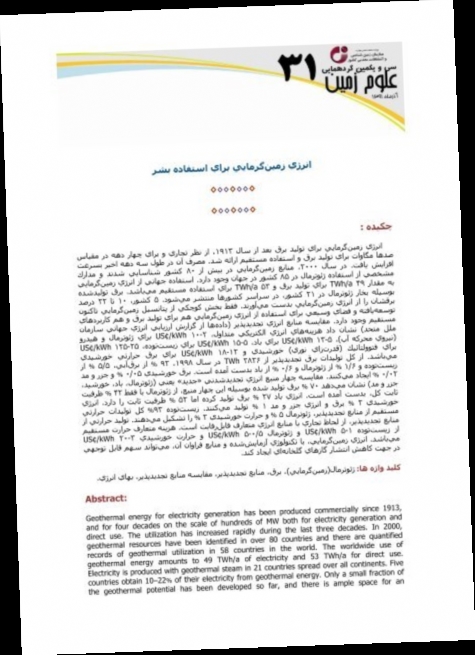Can humor be a lens through which to understand Islamic jurisprudence? The exploration of humor within Islamic legal thought offers a fascinating window into the complexities of faith, law, and cultural expression.
The realm of Islamic jurisprudence, often perceived as a domain of rigid rules and solemn pronouncements, surprisingly harbors a nuanced understanding of humor. Imam Sujoko's work, Tasarrifat Al-Hazl fi Mizan Al-Fiqh Al-Islami, delves into this very subject, examining the role and implications of humor within the framework of Islamic law. This isn't merely a whimsical observation; it's a serious academic undertaking, a dirasah tahliliyah – an analytical study – that scrutinizes the impact of humor, particularly in the context of issues like simulated marriage in cinema.
The research suggests that humor, far from being dismissed as frivolous, has a recognized – albeit often carefully circumscribed – place in Islamic legal thought. This recognition stems from an understanding of human nature, of the need for levity, and of the potential for humor to serve various purposes, including social commentary, education, and even, in certain contexts, the reinforcement of moral principles. The specific ways in which humor is viewed, evaluated, and regulated, however, vary depending on the legal school of thought (madhhab) and the specific context.
The exploration of humor in Islamic jurisprudence opens doors to broader discussions. It prompts us to consider the interplay between faith and culture, the ways in which legal systems adapt to societal changes, and the enduring human need for both order and laughter. It also encourages a critical examination of how humor, like any form of expression, can be a tool for both construction and destruction, for promoting understanding or perpetuating misunderstanding.
The provided text fragments offer glimpses into related areas, such as translations of Arabic phrases, issues with Arabic character display in software (specifically Microsoft Excel), and the importance of conferences in clarifying the concepts of tourism. These elements, while seemingly disparate, contribute to a broader appreciation of the interaction between language, culture, and information technology within the Arabic-speaking world.
One particular phrase, Daqqaitu Bab Al-Jar Kullu Zhannati, translated as I knocked on the neighbor's door, all my guess, speaks volumes. It hints at a deeper meaning, a story waiting to be unearthed. It is a fragment from a song, and the context in which it was sung by the famous singer Kathim Al-Saher.
Another prayer, Allahumma In Kanna Rizqi Fi, which translates to O Allah, if my sustenance is in... is a testament to the depth of faith. It continues with a plea for forgiveness, mercy, and the acknowledgement of God's attributes: O the Most Gracious, the Most Merciful, the All-Hearing, the All-Knowing, the Forgiving, the Generous. This prayer speaks to the very core of Islamic belief, emphasizing the reliance on God for provision, forgiveness, and guidance.
The issue of Arabic characters appearing incorrectly in Excel, a common technical glitch, is a reminder of the challenges that come with digital translation. This issue arises when working with different character encodings. The loss of formatting and the garbled display of Arabic characters can disrupt workflows and compromise data integrity, making it crucial to understand the importance of appropriate software settings and file management practices for preserving linguistic accuracy in technical contexts.
The Nahwu fi Suwar project (Grammar in Pictures) is another example that is visually appealing and instructive, potentially using images to simplify complex grammatical concepts, making language learning more accessible.
The mention of conferences focused on tourism in Iran highlights the importance of cultural exchange, specifically in promoting tourism, preserving heritage and cultural identity. These events offer platforms for experts to share knowledge, discuss challenges, and develop strategies for sustainable tourism development. Conferences facilitate the dissemination of information, the fostering of collaboration, and the promotion of tourism as a cultural and economic driver. They also serve as opportunities to appreciate the natural beauty and resources of a country, such as Iran.
The Arabic-English Language Institute at Wayne State University provides a crucial resource for students wishing to study Arabic and to expand their linguistic and cultural understanding. Such institutions play an important role in fostering cross-cultural communication, preparing students for a variety of academic and professional opportunities.
The study of Imam Sujoko's work on humor within Islamic jurisprudence, alongside these various threads, paints a rich picture of the intellectual landscape of the Arabic-speaking world and provides context for understanding how cultural practices, theological ideas, and technological advancements intersect.



